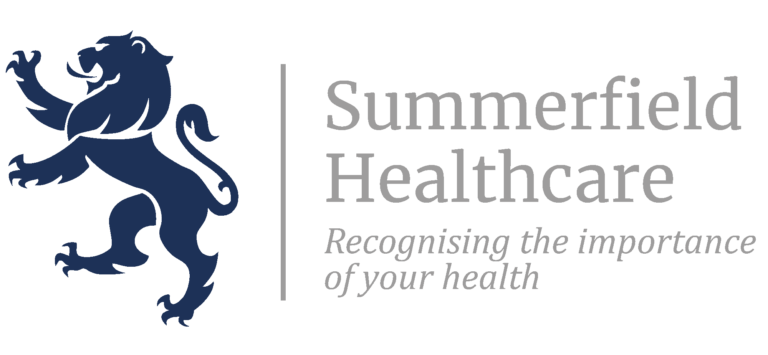Coronavirus – what you should know and general advice
February 07 2020 | News

The first thing we should say about the Coronavirus outbreak is that most cases seem to be mild and those people who have tragically died in Wuhan appear to have been suffering from pre-existing health conditions.
As of February 5th, according to Gov.uk:
- A total of 468 tests had been carried out for the virus in the UK – with just two of those being positive
- 1,466 passengers and 95 staff had arrived from Wuhan on direct flights to the UK between January 10th and 24
- Of these, 162 passengers and 53 crew have already left the UK
- The remaining 1,304 are now outside the incubation period
Stopping the virus spreading
The World Health Organisation has declared Coronavirus a Public Health Emergency of International Concern and the risk level in the UK has been raised from Low to Moderate.
With more cases of the virus being diagnosed every day, it’s important to stop it spreading, recognise the symptoms and know what to do if you are concerned that you may have caught it.
The symptoms
Typically, the symptoms start with:
- fever
- cough
But these symptoms may lead to:
- severe pneumonia
- shortness of breath
- general breathing difficulties.
The symptoms are likely to be worse in people with a weakened immune system, in older people, or in those with long-term conditions like diabetes, cancer and chronic lung disease.
General advice
If you do have symptoms it is important to adopt a common-sense approach and take precautionary steps similar to having the flu.
- Stay indoors
- Avoid close contact
- Stop visitors calling
- Get friends or relatives to help out with anything you need collecting or dealing with in the outside world.
Anyone travelling from China who develops the symptoms should take the same precautions and call NHS 111 to report recent travel arrangements.
The UK is one of the first countries to have set up a specific laboratory to test for Coronavirus. When a test is carried out, samples are taken from the nose, throat and deeper respiratory samples and a result can be expected during the same working day.
